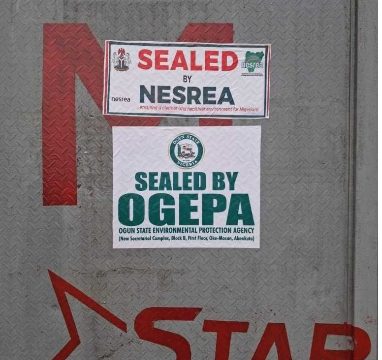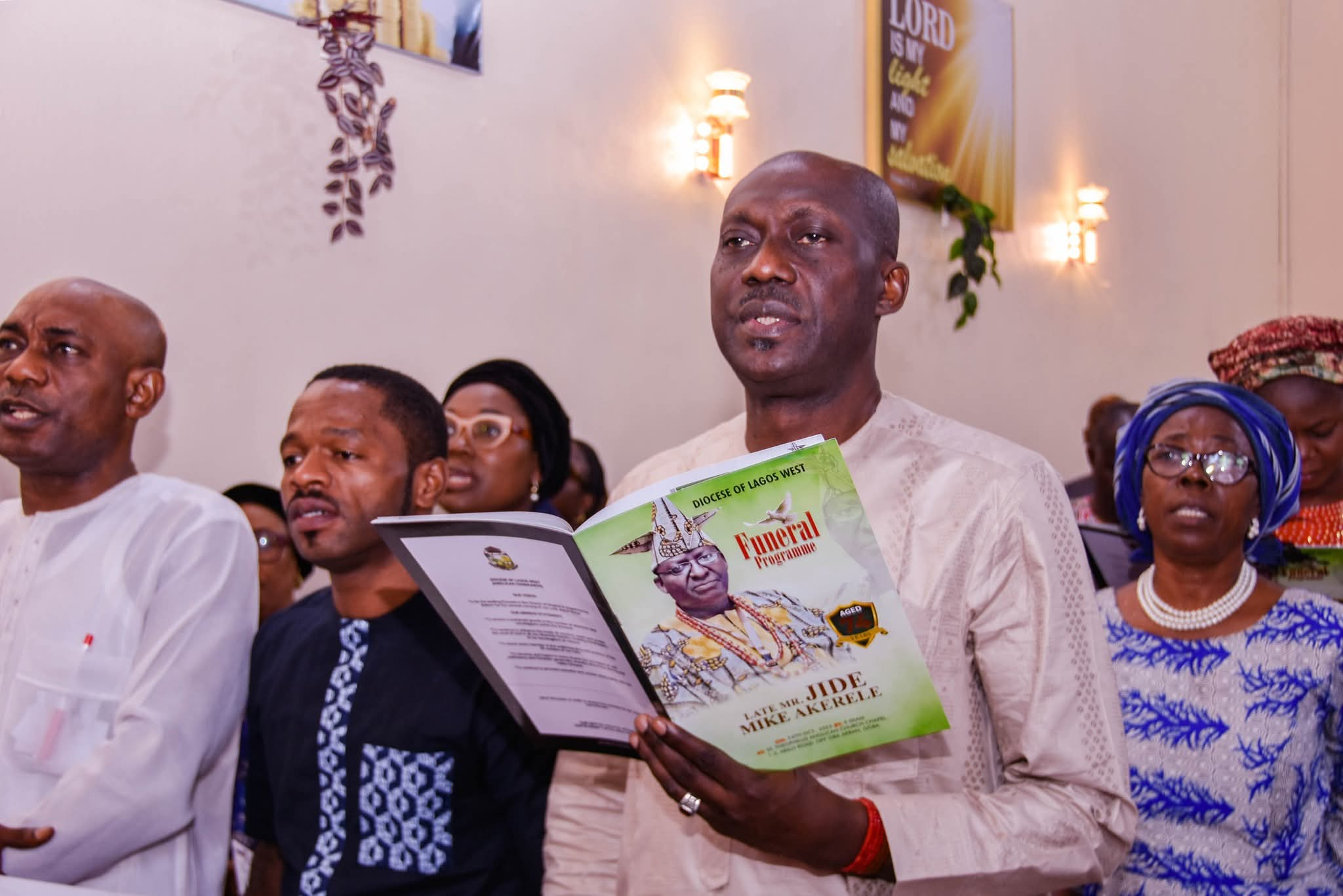▪︎President Bola Tinubu
(Vanguard) LAGOS — The Nigeria Employers’ Consultative Association, NECA, Manufacturers Association of Nigeria, MAN, and the Nigerian Association of Chambers of Commerce Industry Mines and Agriculture, NACCIMA, have blamed hastily implemented government policy shifts without corresponding plans to mitigate the negative effects of the inception of the present government for the socio-economic crises confronting the country currently.
The trio spoke separately on the issue yesterday, with NECA saying major policy shifts undertaken by the government in 2023 and the adverse impacts they had across various sectors, are having terrible effects on businesses and the national economy.
President and Chairman of Council, NECA, Mr Taiwo Adeniyi, at the 67th Annual General Meeting, AGM, of the Association yesterday in Lagos, lamented that the combination of fuel subsidy removal, and exchange rate liberalization have significantly created market distortions and increased the cost of doing business, leading to a contraction in business activities since mid-2023.
He said: “It is no longer a secret that private businesses in the economy are beset with innumerable challenges, pushing many to the realm of mere subsistence.
‘’A good number of these private businesses continue to exist due to sheer determination and doggedness of the owners and investors, who are committed to supporting the economy. ‘
’We commend the Federal Government for its various policies aimed at improving the operating environment and for establishing the Presidential Committee on Fiscal Policy and Tax Reforms.
“As we await the committee’s report, we believe the recommendations will be business-centric and given quick implementation attention by government.”
Our concerns Notwithstanding the ongoing support by the government, Adeniyi listed six key concerns of businesses including the high cost of doing business due to depreciation in the value of the naira, increased Customs forex rate for clearing of cargoes, business-antagonistic regulations, proliferation of provocative taxes/levies and oversight functions of the National Assembly.
Reacting, the Manufacturers Association of Nigeria, MAN, also identified foreign exchange (FX) volatility, inadequate power supply and high inflation as some of the topmost challenges they encountered in their operations in the first quarter of 2024 (Q1’24).
This, according to it, led to a further surge in production and distribution costs by 20.7 per cent within the period.
MAN based its position on the response of chief executive officers in the manufacturing sector on a survey it carried out.
The Manufacturers CEO Confidence Index, MCCI, Q1’24 survey report stated: “The list of manufacturers’ challenges include unstable and high exchange rate/scarcity of FX; inadequate power supply/frequent power outages; high inflation/high operating cost (of raw materials, labour, equipment and maintenance); high cost of energy (petrol, diesel, gas); high and multiple taxes, charges and levies, among others.” Commenting, the Director-General of MAN, Segun Ajayi-Kadir, said: “The subdued performance of the sector is attributed to some ongoing harsh economic reforms that have compounded the long-standing challenges confronting the sector. NACCIMA seeks improved public finance management.
Similarly, the Director-General, Nigerian Association of Chambers of Commerce Industry Mines and Agriculture, NACCIMA, Sola Obadimu, said: “The cost of doing business continues to rise almost daily. That’s neither healthy for business operations nor planning. Due to rising interest rates, MSMEs may not have the financial capacity to borrow. Large businesses may also prefer to downsize rather than borrow at current rates.
“With decreasing production due to the high cost of funds, unemployment may worsen with the possibility of an increase in crime rates. Unfortunately, in the midst of all these, there seems to be a deliberate effort to aggressively pursue tax drive policies.











